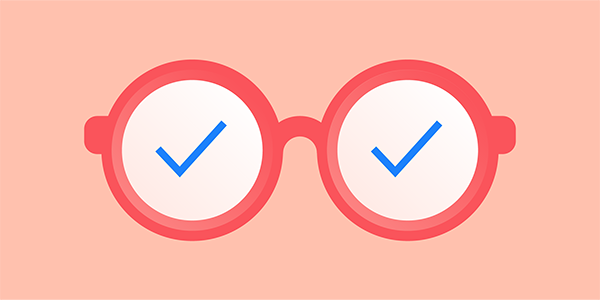
A vacation is a great time to do the things you normally (perhaps wrongly) wouldn’t dare to spend your time on. With no 9-to-5 job you get some extra space - both physically and mentally. Unless you’re going on an extreme journey in the Himalayas or something, try to use this time to reset your “hard drive,” charge the batteries and reflect on how to live better, work smarter and be happier :-)
1. Be prepared
There’s nothing worse than having an open-ended project hanging over your head during a vacation. Having your confused colleagues calling you everyday isn’t cool either.
To avoid that kind of situation, button everything up before leaving. Make sure you’re not the only person who knows how to do something. Give your partners and co-workers detailed instructions and delegate all the tasks you can. If there are actions only you can complete, try to have them done before leaving. You might even work extra hours to be sure nobody bothers you during your time off.
2. Eat healthy
The way you eat is important. Vacation is a perfect opportunity for healthy eating - you have more time to learn to prepare healthy meals, look for nice and easy recipes and to improve your eating habits a little.
In order to stay productive and boost your brain power, choose food that’s really good for you, ie.: nuts, broccoli, blueberries, black currant, pumpkin seeds and more.
3. Keep up with the latest technologies
Do some research to find new apps and tools that could help you optimize what you do. There’s an app for everything, they say! Good software will easily help you automate things and take a little off your plate.
Now that you have a little bit more time, you try out special services for app discovery and sharing, like: ProductHunt, Appolicious, Fresh Apps. Or just trust the specialists and start following geeks from your industry on Twitter/Facebook or listen to dedicated podcasts.
4. Read something mind-shifting
Do some research or ask people you admire for recommendations and then choose two or three valuable books to read. How do you know which book are valuable? Start with the ones that are able to change the way you see and do things.
If you are more of a listener, you might go for audiobooks and podcasts.
5. Do something you’ve wanted to do for a while
This might mean reading a book that a friend recommended a long time ago, taking a new online course or visiting a nearby national park. Just use the free time to tick off some of the items that have been on your personal list for a while, but you haven’t had the time or energy to get to. This will make you feel personally fulfilled and will charge you with some positive energy.
6. Think of a routine that could really work for you
Routines are key to productivity. If you carefully design a set routine to follow, you won’t loose your energy while planning every morning. Good habits allow you to wake up and just ‘do’ instead of wake up and ‘plan.’
That’s why we suggest you use your time off to try to build one new habit that will significantly help you save time and optimize your daily plan. It might be a different morning routine, it might be running a daily or weekly review, it might be having a reading session every morning etc.
7. Review and refine your goals to make sure what you do really matters
When on vacation, try to take stock of where you are and think about where you want to go next. The outcome might be a major upgrade or a few tweaks to your current position, but setting aside the time to work on your goals is always a good investment.
How do you do that? You might run a quarterly offsite, talk to a friend or mentor or just think really intensively and try to answer these questions:
- What were your major highlights of the past quarter/year
- What on that list gives you the most joy?
- What mattered most to you in the last quarter, whether it was on the list or not?
- What did you do to achieve your goals?
- How did you feel?
- What new insight do you have about your achievements?
Then, list your goals and intentions for the future and think about the next actions you need to take to get closer to them.
8. Narrow down your list of goals, projects and commitments
Go through your list of goals and try to cross a couple of them off. You want to make sure you only work on things that make sense for you.
“Essentialists see trade-offs as an inherent part of life, not as an inherently negative part of life. Instead of asking, “What do I have to give up?” they ask, “What do I want to go big on?” ― Greg McKeown, Essentialism: The Disciplined Pursuit of Less
